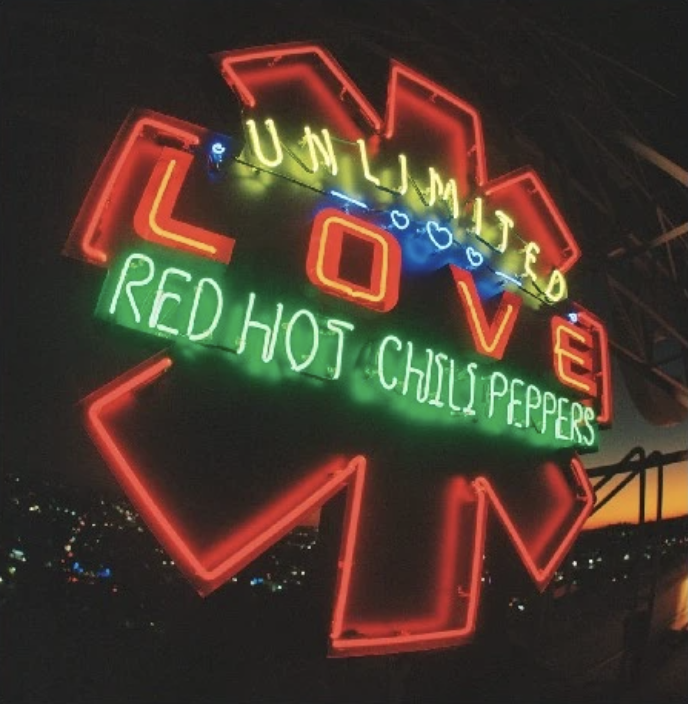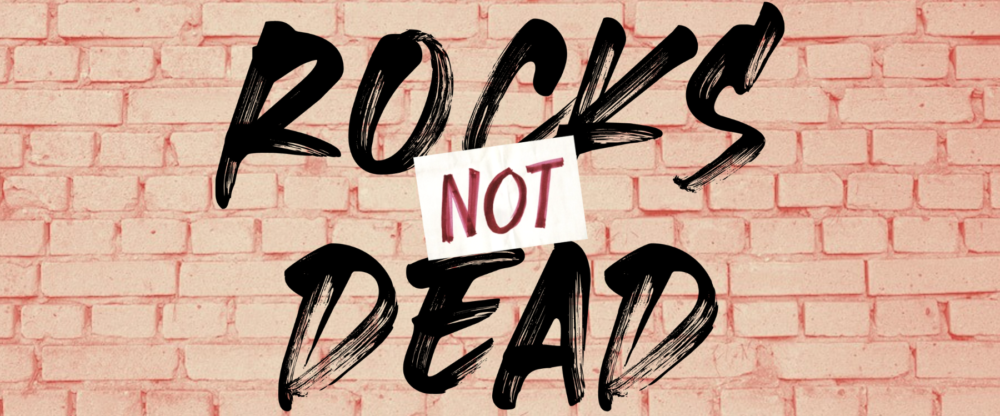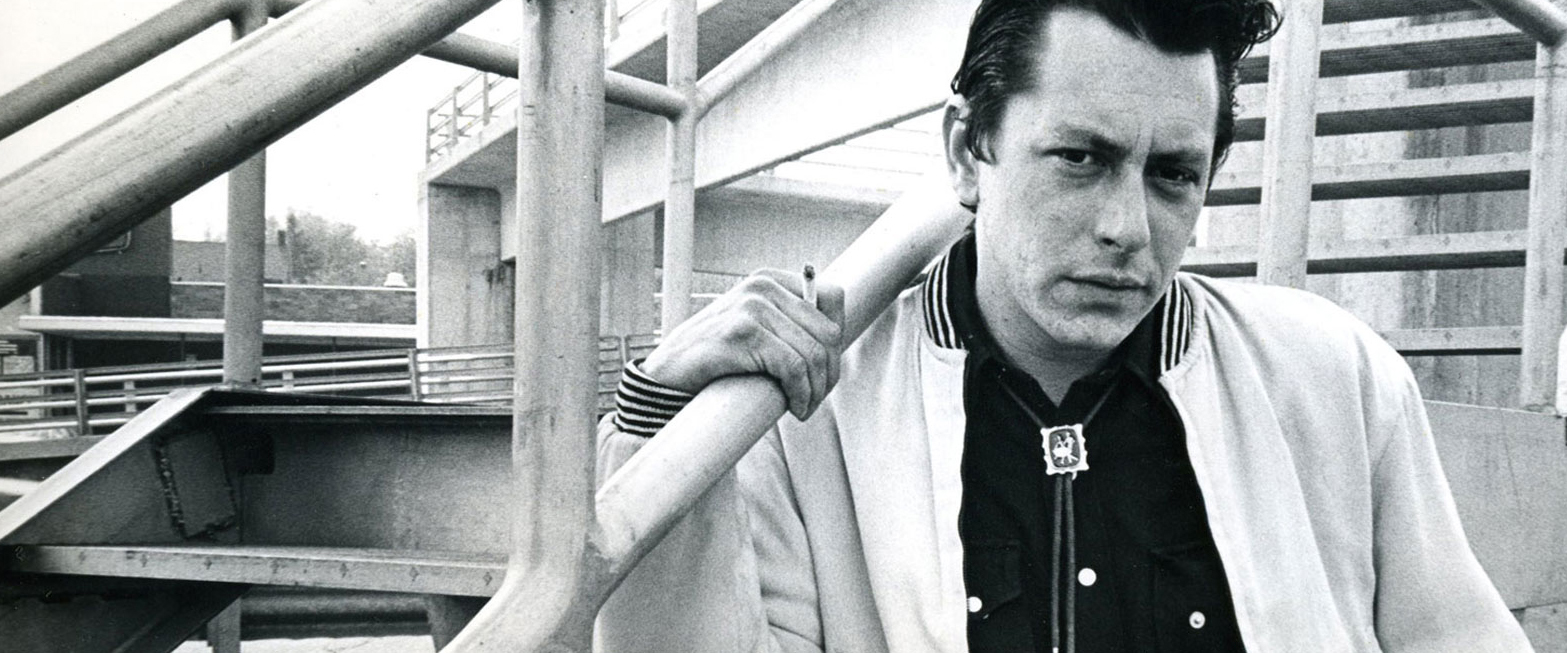Over the past 30 years, the rising domination of pop and rap slowly exiled rock ‘n’ roll to the music industry’s shadows. With most younger fans today showing even less interest in the Stones, Beatles, and Zeppelin, many of the industry’s leading critics, journalists, and musicians have started to wonder whether the old rhetoric is true. Is rock ‘n’ roll really dead?
The notion that rock lost its pulse has become a fixation of music journalism in recent years, particularly among some classic rock icons who have started beating that drum again. Folks like Jann Wenner, the founder of Rolling Stone, and KISS frontman Gene Simmons have started to wonder how we lost sight of the brilliance of Jimi Hendrix or where the next Bob Dylan might emerge. Can anyone resuscitate this monumental genre of music?
Of course, what qualifies as rock ‘n’ roll is in the ear of the beholder. Famous rock bands, such as Red Hot Chili Peppers and Metallica, still draw millions of fans to festivals and shows worldwide each year. But the general popularity of rock – bands like Grand Funk Railroad, Mötley Crüe, Aerosmith, Tom Petty, and Fleetwood Mac – has started to lose buzz to rap and pop artists, especially among younger consumers.


According to a MusicWatch Inc. study released by the Recording Industry Association of America (RIAA), the Rap/Hip-Hop genre has pushed classic rock out of the top preferences among Gen Z and Millennial generations. Though Classic Rock prevails as the leading genre among Gen X and Baby Boomers, the trend is clearly moving toward performers like Taylor Swift and Bad Bunny. So, I pose the question again: have these shifting preferences sent rock to the mortuary?
“For the most part, I think the idea is a mistaken one,” said Lynn Barstow, program director at KROX, an alternative rock station in Austin. “I do think that [rock] music carves out a smaller slice of attention among its target than it did a generation ago and a generation before that.”
Many younger listeners have a deep connection to rock, but a true resurrection will rely on a growing quantity of fans, not just their quality. Gen Z’s infatuation for all things vintage – in fashion, technology, music, etc. – could help lead more fans back to flare jeans and turntables. As Elaine Badu wrote in Variety, “with this generation, old is new again; vintage is charismatic.”

Yet, younger generations of rock fans don’t necessarily gravitate solely to classic rock. They have fueled the emergence of a new wave of rock – influenced by classic rock and sometimes even issued by those long-established bands. “Many bands who were in their prime decades ago are still releasing music,” said Kinley Weber, a Gen Z classic rock fan and music photographer. “The Red Hot Chili Peppers, Def Leppard, and even The Rolling Stones have all released music recently. The newer releases from these artists may not be the same as their previous records, but it goes to show that rock is a constantly flourishing genre.”
How that music lands among younger generations who are veering toward pop and rap music will depend on the evolution of new bands as much as the listeners’ preferences. A wave of up-and-coming musicians, eager to be part of the rock legend folklore, has created a sort of time machine that connects today’s young fans with an immense era of rock music – echoing the ways prior generations connected with the passion of iconic bands from the 1960s and 1970s.
One of the most prominent bands in this rock ‘n’ roll resurrection is Greta Van Fleet. Dubbed “the new Led Zeppelin” by Rolling Stone and Guitar magazines, and even earning Robert Plant’s blessing – the band won the 2019 Best Rock Album Grammy for their debut album From the Fires, and has been periodically touring with Metallica. In an interview with NME, frontman Josh Kiszka described rock as “very elastic” and an “eclectic genre.” After hearing KISS frontman Gene Simmons propose that rock is dead, Kiszka said:
“I think rock ‘n’ roll can become dormant, but you can’t kill something that supersedes time. It’s an attitude and a spirit and a celebration. I think people pass the torch and time moves on.”
Josh Kiszka of Greta Van Fleet

Austin’s Leopold and His Fiction is one of the new rock ‘n’ roll bands to pick up the torch. With more than 30,000 monthly listeners on Spotify, they’ve caught the ears of rock lovers with their blend of Jack White-esque vocals and gritty guitar licks akin to the Black Keys. “Sonically speaking, [rock] can’t die,” frontman Daniel James said in an interview. “But if it did, who is going to take the time to bury it? Its carcass will be reabsorbed over and over into eternity.”
These things were all once buried, but they were dug up and had life breathed into them again. Humans naturally seek the familiarity of their history, whether cherishing it as antiquity or re-creating it as something new.
Rock bands have passed the torch and re-created the genre all the way back to its earliest days in the 1950s. Doo-wop led to rock pioneers like Chuck Berry and Elvis Presley, who gave birth to the British Invasion. The Stones and the Beatles kindled that flame and created a global bonfire. Setting off sparks of psychedelic rock, virtuosos like Jimi Hendrix experimented with rock and drugs. The Sex Pistols, the Ramones, and the punk bands of the 1970s birthed a stripped-down rock rebellion, which then carried the flame – not to mention the outrageous hairstyles and prolific eyeliner – to the heavy metal bands like Mötley Crüe and Guns n’ Roses and, eventually, the Alternative Rock birthed by Nirvana.
As Kiszka said, rock bands do pass the torch, but artists don’t just leave the torch intact. The flame might fizzle out into the carcass that James imagined, waiting for the next generation to dig it up and reimagine it anew. But in the meantime, someone somewhere will be putting a 33 on a turntable and turning it up to 11.



